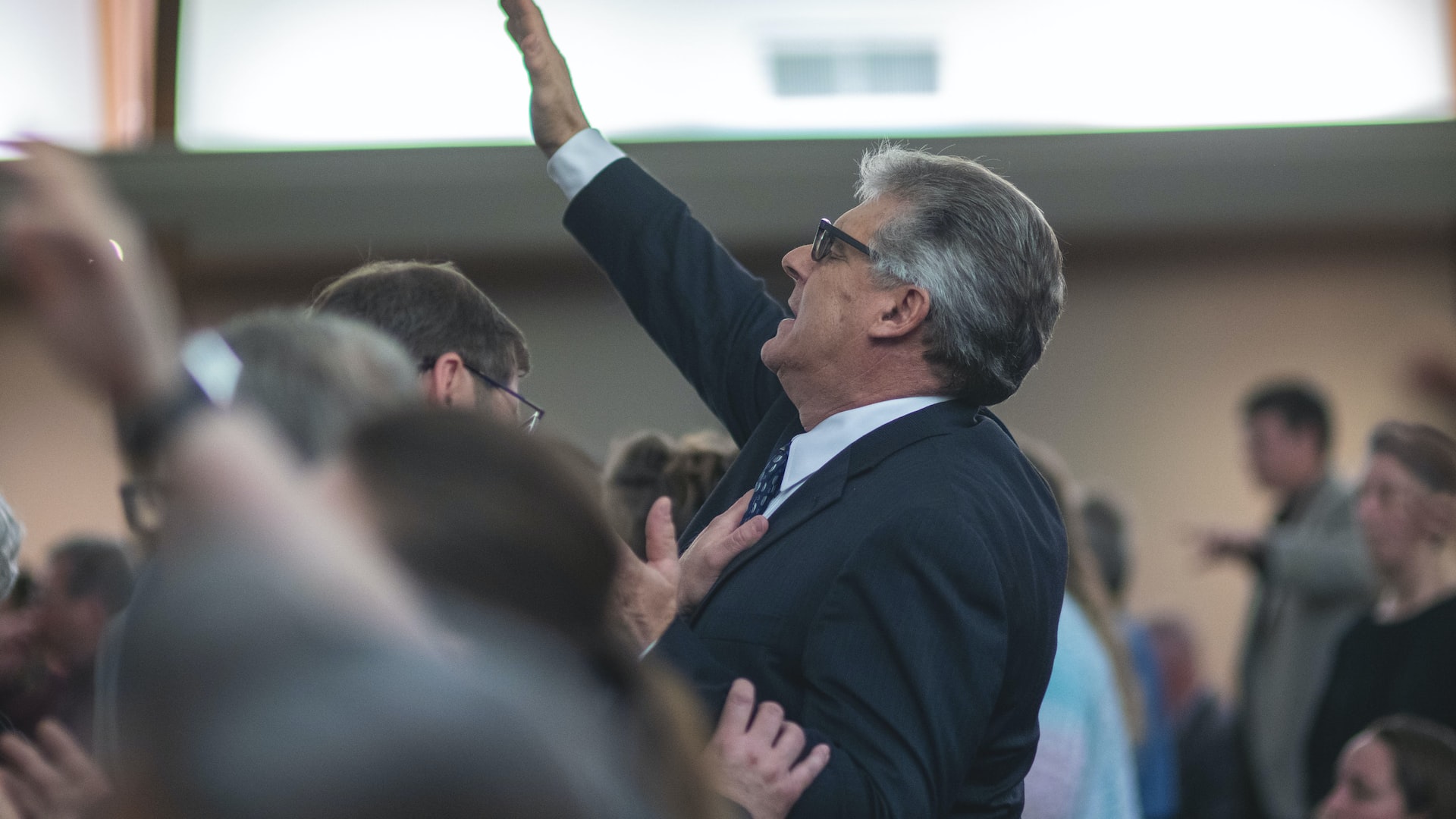Set Free – Broken Hearts and Lives Restored
Author: Mary J. Yerkes“The Lord will surely comfort Zion and will look with compassion on all her ruins; he will make her deserts like Eden, her wastelands like the garden of the Lord” (Isaiah 51:3, NIV).
Broken hearts and lives abound. A husband struggles with sexual addiction, a young mother battles depression, a teen admits to homosexual inklings–all live with some degree of brokenness and devastation in their lives, brought about either by their own sinful choices or the result of living in a fallen world.
brokenness and devastation in their lives, brought about either by their own sinful choices or the result of living in a fallen world.
Ruth Graham, in her book In Every Pew Sits a Broken Heart: Hope for the Hurting (Grand Rapids: Zondervan, 2004) , shares her painful journey through depression, shame, betrayal, divorce, and God’s faithfulness and restoration in her life. “Failure is never final,” she says. “God specializes in restoration–it is His best work. . . . His desire is to bring us out of our devastation, healed and strengthened, with a song in our hearts.”
But how do we move from devastation to singing?
It helps to understand that restoration is a process. To restore a broken-down house takes time and patience. So, too, does God’s work for rebuilding in our lives. We begin the work by humbling ourselves before God, repenting of our sin, and inviting God’s Spirit to lead and empower us.
Remove the Rubble
“There is so much rubble that we cannot rebuild the wall'” (Nehemiah 4:10, NIV).
Before God begins to rebuild, we must first remove the rubble from our lives–the bitterness, rebellion, pride, and unforgiveness–all hindrances to God’s work of restoration. You might need to walk away from a sinful relationship or addiction. What needs to go in your life? Clear out the rubble and invite God’s Spirit to begin His restorative work.
Several years ago, Debbie, a sister in Christ, wounded me by lying to a common friend, Jan. She told Jan that I could not attend her baby shower because I had a class. Not only did I not have a class that day, I spent the entire day at home looking for something to do. Debbie later confessed to me that she struggled with jealousy toward me and did not want me at the shower because she felt people would ignore her and talk with me. Our friendship weakened, and when she one day left the church we both attended, I felt relieved. Eventually, I moved away and began attending another church as well.
Recently, Debbie reentered my life. When she did, I discovered I had more rubble to remove. I went to prayer and confessed any lingering unforgiveness, anger, and resentment. I then called her and asked her forgiveness as well. We are now working on rebuilding a friendship.
Enlist the Help of Others
“Some men came, bringing to him a paralytic, carried by four of them” (Mark 2:3, NIV).
 Though God can restore us instantaneously; most often, God’s healing involves a process–one in which we actively participate through repentance, prayer, Bible study, obedience, and accountability. The work of rebuilding can take weeks, months, or even years.
Though God can restore us instantaneously; most often, God’s healing involves a process–one in which we actively participate through repentance, prayer, Bible study, obedience, and accountability. The work of rebuilding can take weeks, months, or even years.
Sometimes the damage is so severe and extensive in our lives that we cannot do the work alone; we need help from others to begin the rebuilding process. Pastors, Christian counselors, and others in the body of Christ can offer valuable insight and practical tools that will help facilitate God’s work of restoration in our lives. A word of encouragement, correction, or exhortation might be just what you need to move forward in your healing journey. Be willing to submit to others in the healing process.
As long as we live in these mortal bodies, we will experience pain and brokenness. Yet, God, being rich in love and mercy, redeems our pain and restores our lives. If we turn our hearts toward Him in repentance, if we seek Him wholeheartedly and embrace the work of the Holy Spirit, He will lead us in His path of healing for our lives.
